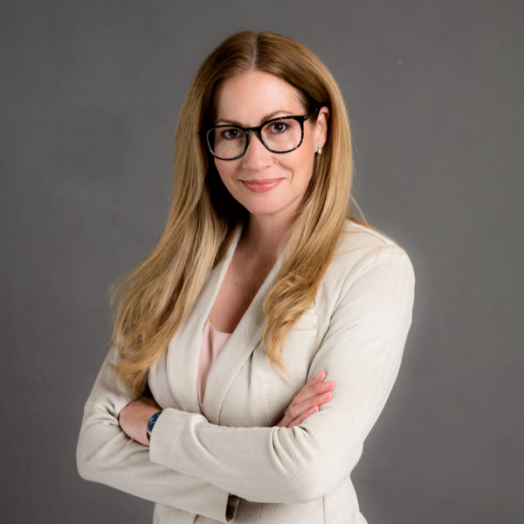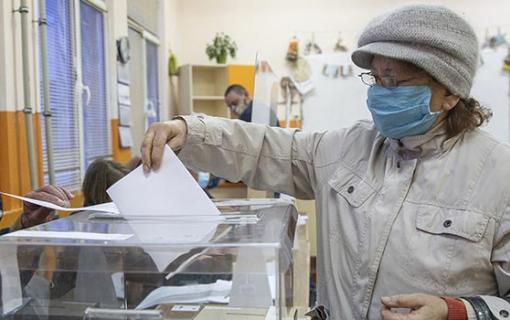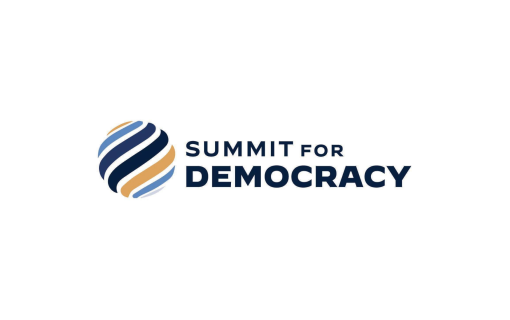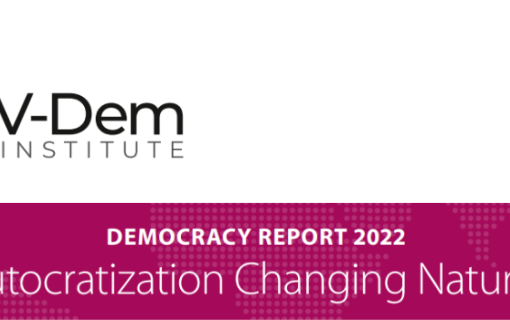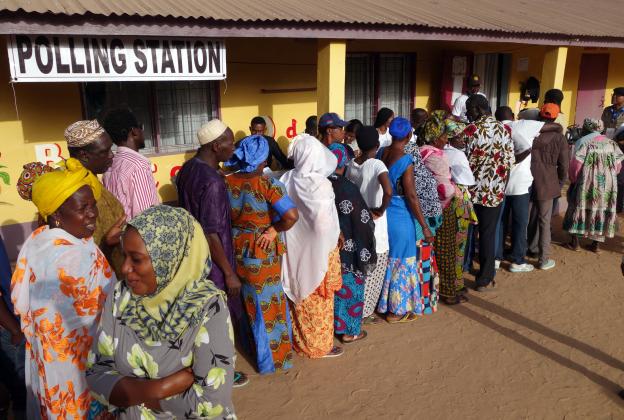
Event: Rapid Response Programs in the Gambia
This event will occur from 3 :00 - 4:30 p.m. on Thursday, June 8. To attend, please RSVP by Wednesday, June 7 to Nelly Mobula ([email protected]).
Following 22 years of authoritarian rule, Gambian citizens elected Adama Barrow, a unified opposition candidate, to replace President Yahya Jammeh in December 2016. Members of the Consortium for Elections and Political Process Strengthening (CEPPS) have been working with Gambian stakeholders under the challenging circumstances of the old regime, and have now mobilized with new, targeted, rapid response initiatives to ensure the country is supported in its ambitions of freedom moving forward.
CEPPS cordially invites you to a roundtable discussion on how the consortium partners design and implement complementary rapid response initiatives and will highlight lessons emerging in the wake of the Gambia’s transition.
The event will be moderated by Kamissa Camara, National Endowment for Democracy Senior Program Officer for West & Central Africa. Panelists include:
- Patricia Davis, Director, Office of Global Programs, Bureau of Democracy, Human Rights and Labor, Department of State
- Monique Murad, Democracy Officer, Elections and Political Transitions Division, U.S. Agency for International Development
- Elizabeth Lewis, Deputy Director, Africa, International Republican Institute
- Gemima Barlow, Program Director, Anglophone Central & West Africa Programs, National Democratic Institute
- Rushdi Nackerdien, Africa Regional Director, International Foundation for Electoral Systems
- Katherine Ellena, Senior Legal Specialist, Center for Applied Research and Learning, International Foundation for Electoral Systems
This event is organized by CEPPS, which pools the expertise of three premier international organizations dedicated to democratic development: the International Foundation for Electoral Systems, the International Republican Institute and the National Democratic Institute. CEPPS has a 20-year track record of collaboration and leadership in democracy, human rights and governance support, learning from experience, and adopting new approaches and tools based on the ever-evolving technological landscape.





